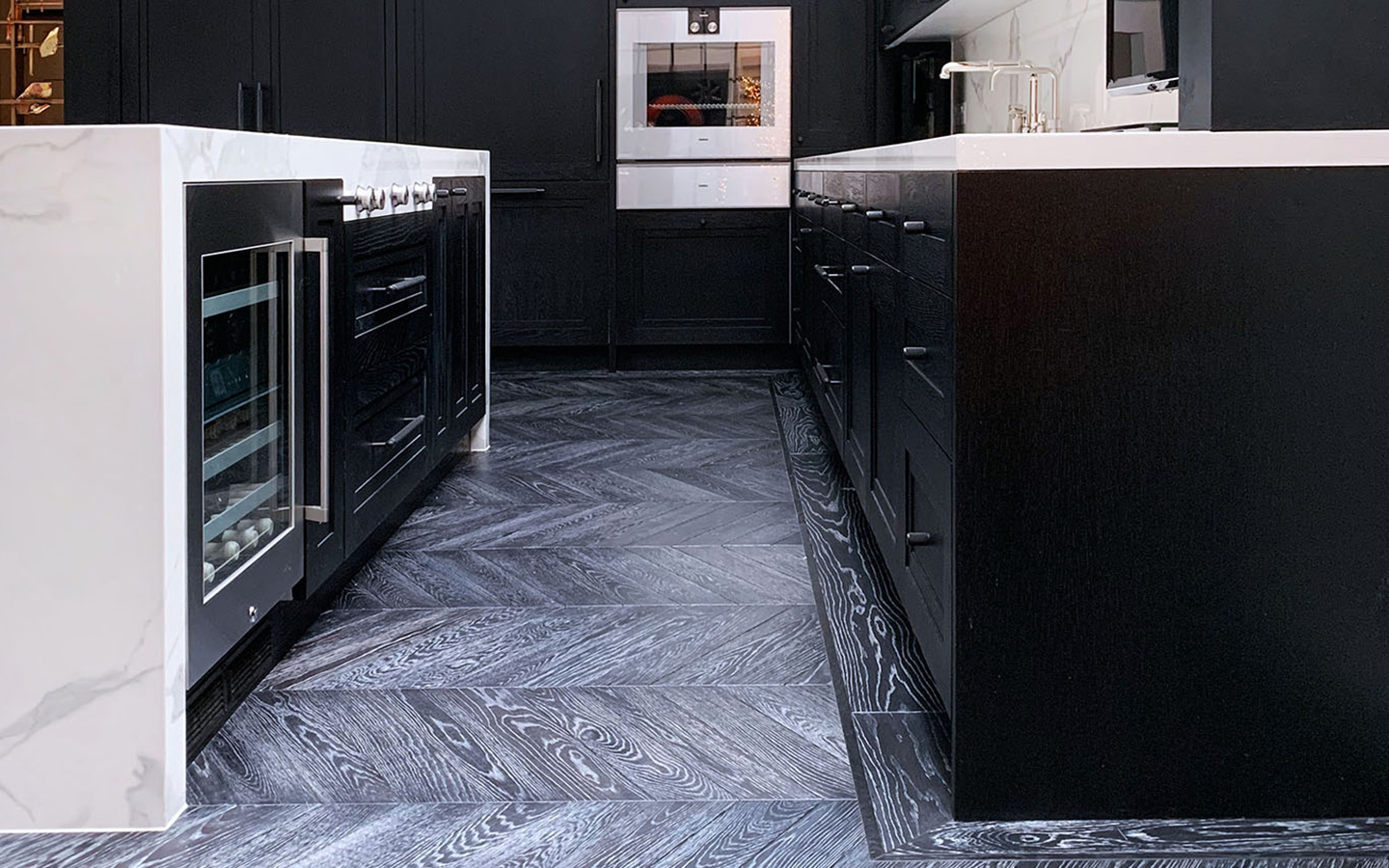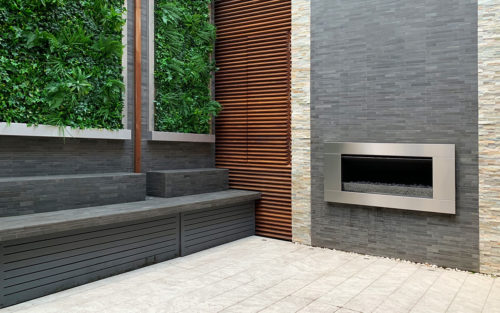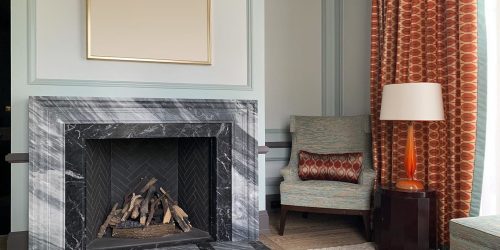At Marble & Granite we get many enquiries about which are the best types of stone worktops that we can provide. This is something of a difficult question to answer because there are several different types of stone available for worktops and they each have their own pros and cons, as you might imagine.
Just to begin with, there are natural stones which have been hewn out of rock which has formed over millions of years, So, for instance, you could choose from granite, marble, sandstone, limestone, or quartzite. One thing that is for sure is that every slab of any of these stones will be unique because they are not all composed of the same minerals.
So even if you select, say, limestone, the various slabs will vary according to the exact conditions under which it was formed and the other minerals that were present and thus incorporated into it at the time. This is why every piece is unique and will have its own variations of patterns and colours. That is one of the pleasures of natural stone, in that you can be sure that nobody else will have a worktop that is the same as yours.
Some Stones Are Harder Than Others
Then again, when you are considering stone worktops in London, some of the stones will be harder than others. Marble, for example, is a relatively soft stone and can be subject to staining from several different kitchen products such as vinegar, oil, lemon juice, coffee, wine, and more, because it is a porous stone. Even then, some slabs of marble are less porous than others, again depending on the original formation. When that is said and done, marble, and other porous stones, can be protected from staining by using an appropriate sealant.
Most types of stone worktops can be subject to chips or cracks if not treated properly. Again, this will depend upon the type of stone. For instance, there are man-made stones such as quartz which is created using about 93% of actual quartz but incorporates resins and pigments for colouring. This produces a very hard stone, and it does not need sealing. However, you have to be careful not to put hot pans on it as this can affect the resins in it. It’s not difficult: you simply use a trivet.
Another recent product is sintered stone which is made of 100% natural minerals and oxides and results in a virtually non-porous product.
We have all of these various stones available that you can use for your kitchen worktops – and some of them outside as well because sintered stone, for example, is not affected by UV light.
For more information and answers to all your questions, come to our premises at Hatfield and see what we have available for your new kitchen.




